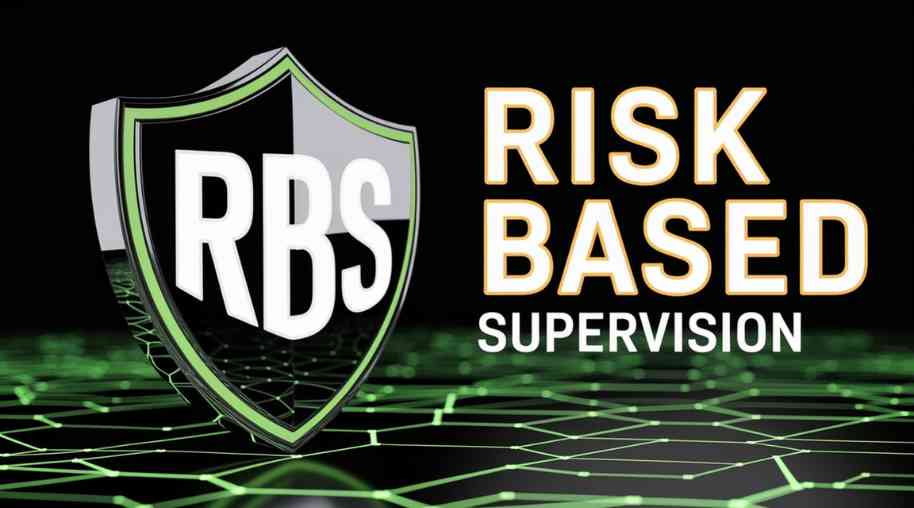RBS Full Form-Risk Based Supervision
by Shashi Gaherwar
0 2230
Risk-Based Supervision: Enhancing Financial Stability through Proactive Oversight
Risk-Based Supervision (RBS) is a regulatory framework that prioritizes risk identification and mitigation, tailoring oversight to strengthen financial stability.

This article explores the definition, methodology, applications, and impact of RBS in financial markets.
What is Risk-Based Supervision (RBS)?
RBS is a regulatory approach focusing on high-risk areas in financial institutions, customizing supervision based on their risk profiles.
Applied in:
- Banking: Enforces Basel III norms.
- Insurance: Assesses Solvency II risks.
- Securities: Monitors trading risks.
- NBFCs: Ensures operational stability.
Objectives of Risk-Based Supervision
RBS goals:
- Early Detection: Identifies vulnerabilities early.
- Efficiency: Allocates resources to critical risks.
- Confidence: Enhances trust via risk management.
- Stability: Reduces systemic failures.
Methodology of Risk-Based Supervision
RBS process:
- Profiling: Categorizes institutions by credit, market, operational, and liquidity risks.
- Data Analysis: Uses capital ratios, asset quality, and stress tests.
- Risk Scoring: Assigns scores for scrutiny or corrective actions.
- Actions: Implements capital buffers, restrictions, or governance improvements.
Real-World Applications of RBS
RBS uses:
- Basel Norms: Ensures capital adequacy in banks.
- Solvency II: Assesses insurance solvency.
- Crisis Prevention: Strengthens preventive measures.
Advantages of Risk-Based Supervision
RBS benefits:
- Proactive: Addresses risks early.
- Efficient: Focuses on high-risk areas.
- Resilience: Enhances system stability.
- Flexibility: Adapts to market changes.
Challenges in Implementing RBS
RBS challenges:
- Data: Issues with inaccurate data.
- Coordination: Requires global collaboration.
- Complexity: Demands advanced models.
- Resistance: Faces institutional pushback.
Risk-Based Supervision (RBS) strengthens financial oversight by proactively managing risks, ensuring a resilient and stable financial system.
Further Learning Resources
If you’re passionate about building a successful blogging website, check out this helpful guide at Coding Tag – How to Start a Successful Blog. It offers practical steps and expert tips to kickstart your blogging journey!
For dedicated UPSC exam preparation, we highly recommend visiting www.iasmania.com. It offers well-structured resources, current affairs, and subject-wise notes tailored specifically for aspirants. Start your journey today!

Share:








Comments
Waiting for your comments